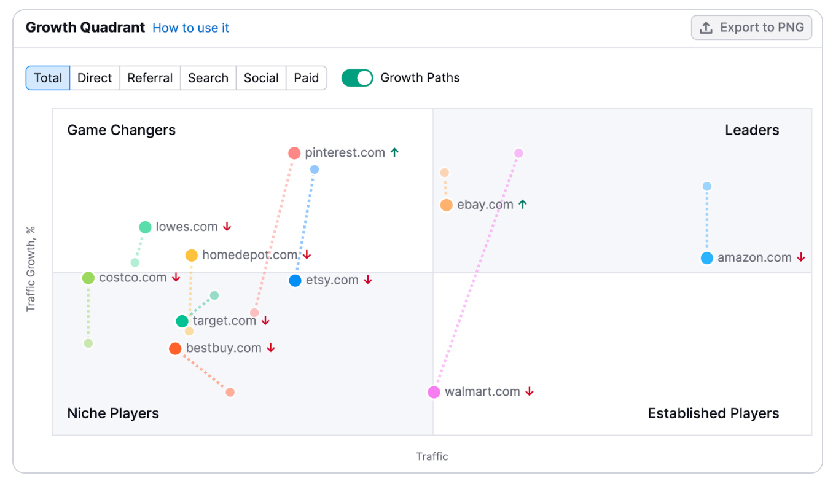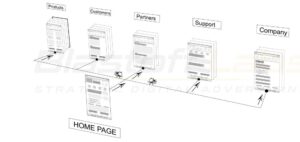
In our video campaign competitive assessment process, we look at and characterize the competitive environment the campaign will operate in. Many campaigns need to rely upon video keywords that either overlap with other business sectors, have low click volume, or prohibitively expensive clicks — and other intrinsic issues. Those issues influence how we structure search campaigns.
Each YouTube search query creates one or more electronic auctions where they bid for available ad slots on the search result page (SERP) being generated. Some bidders may represent advertisers with quite different business models. We call this “keyword silo overlap”.
We identify direct and indirect competitors, familiarizing ourselves with their products, services, and positioning in the market. We look at the advertising history, ad copy, ad spend, and market positioning of the most significant online competition. While spidering their websites we gain a level of understanding which is uniquely useful in structuring and configuring search campaigns.

This informs our strategy in developing your campaign and allows us to ballpark a daily ad spend recommendation. We use tools to identify average click costs and conversion rates in the sector, vertical, and geo target the campaign will run in, along with other key performance indicators (KPI’s).
Search ad campaigns operate in a competitive environment online which is often different from the actual direct business competition. Often the same keywords and audience targeting are shared by different vertical markets, services, or products. This “keyword overlap” phenomena strongly impacts many ad auctions. So the online competitive environment can be quite different than the offline competitive environment. In PPC, whoever shows up at your auctions is in effect, a competitor because they are putting pressure on bids.
This step sets the stage our keyword research process.






